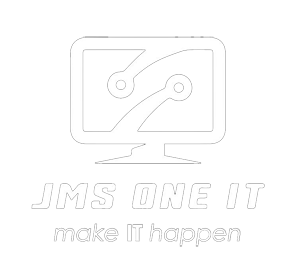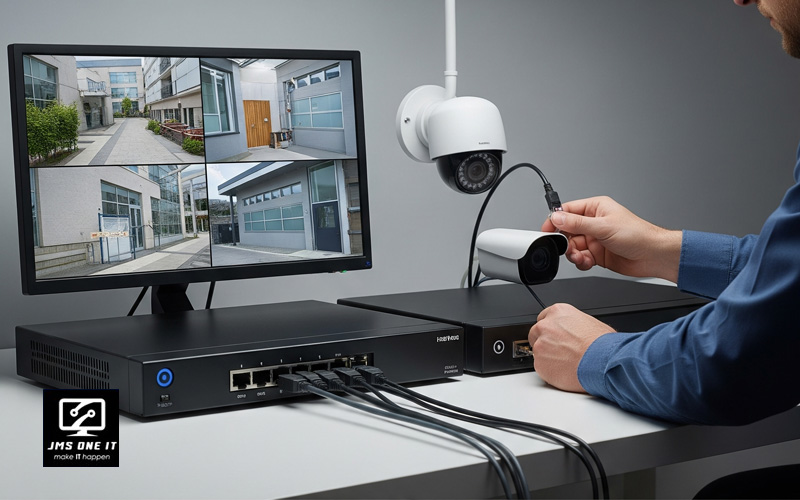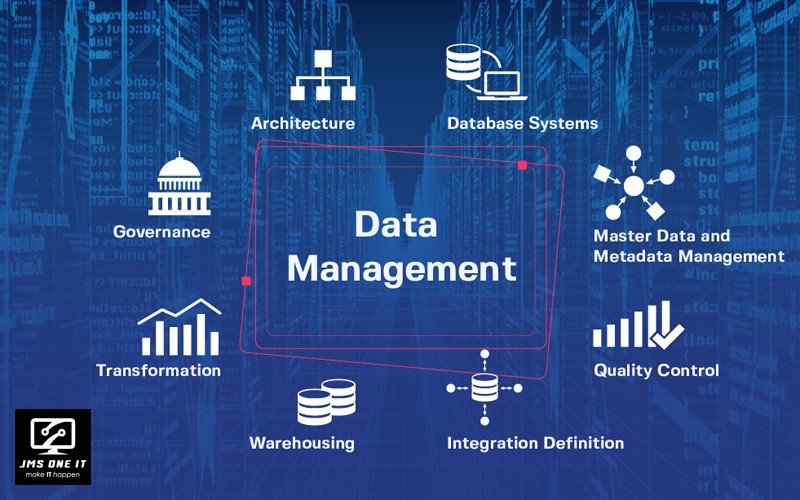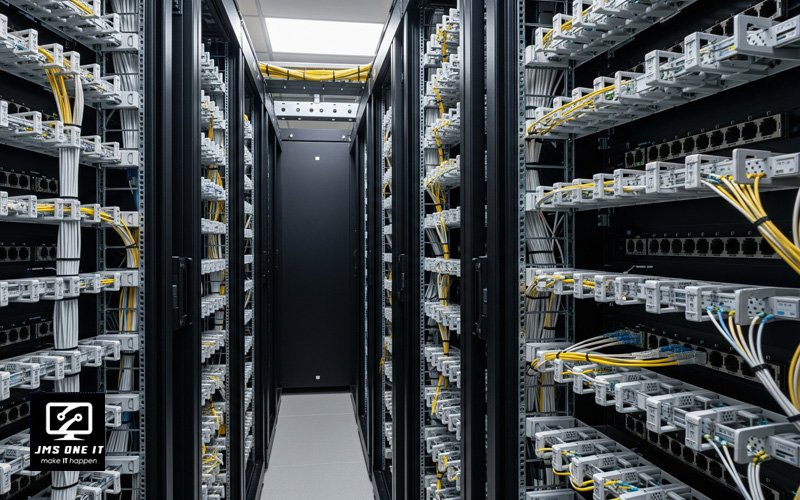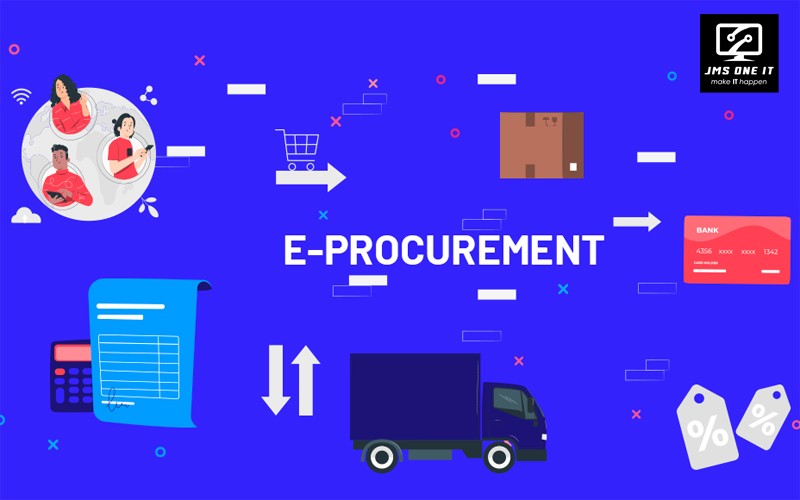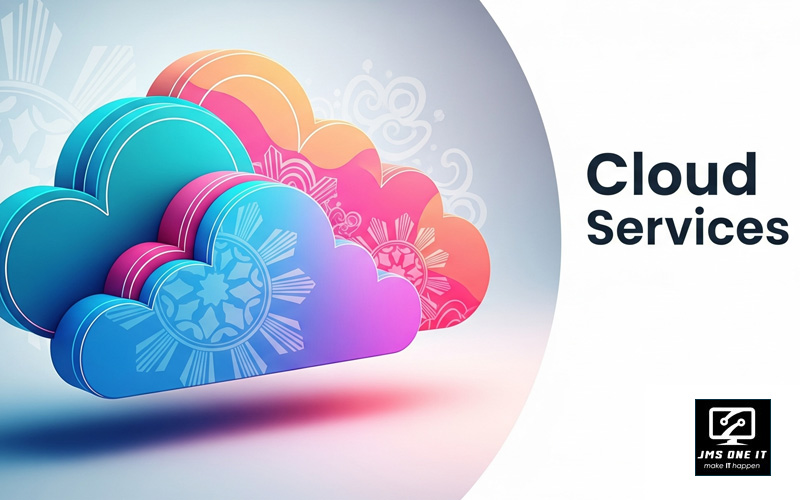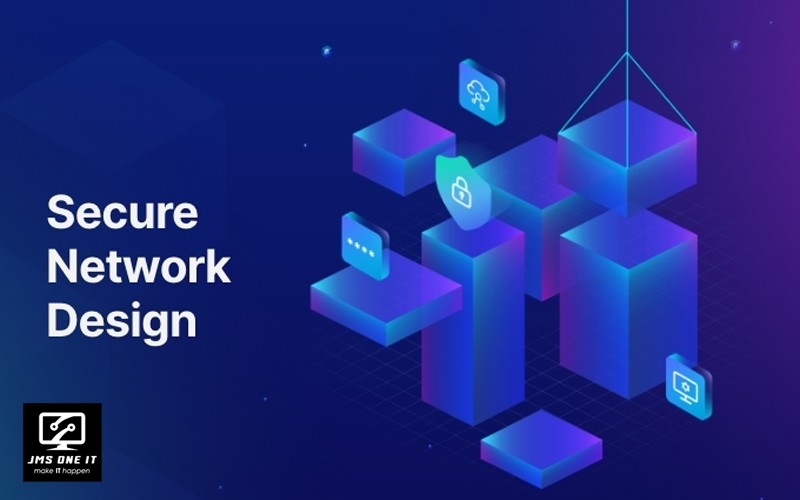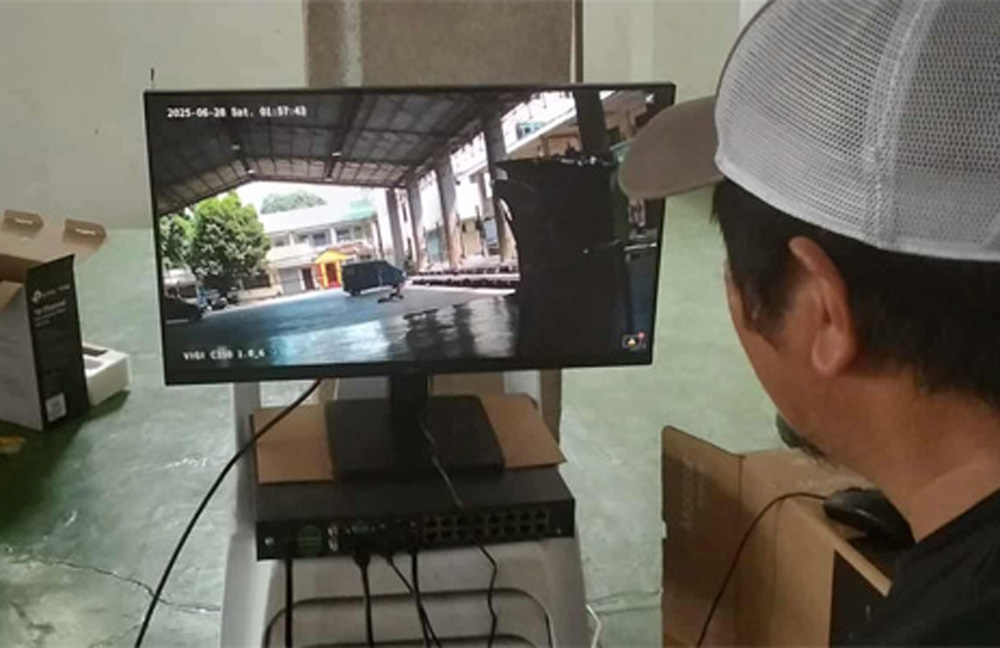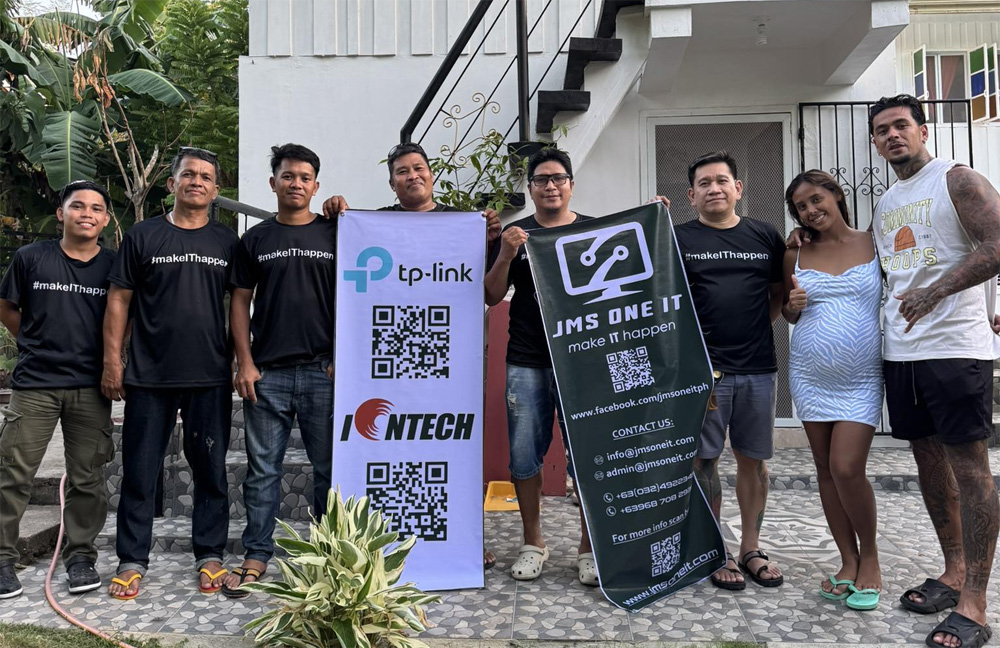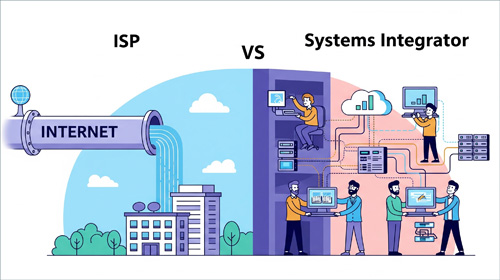 July 07, 2025 - BY Admin
July 07, 2025 - BY Admin
ISP vs. Systems Integrator: Understanding the Key Differences
When businesses need technology solutions, they often encounter two types of service providers: Internet Service Providers (ISPs) and Systems Integrators. While both play crucial roles in the technology ecosystem, they serve very different purposes and offer distinct services.
What is an Internet Service Provider (ISP)?
An Internet Service Provider is a company that provides internet access to customers. Think of ISPs as the gateway between your business and the global internet. They own and maintain the infrastructure that delivers internet connectivity to homes, offices, and other locations.
ISPs typically offer services like high-speed internet connections through fiber optic cables, cable, DSL, or wireless technologies. They handle the technical aspects of maintaining network infrastructure, ensuring uptime, and providing customer support for connectivity issues. Major ISPs include companies like PLDT, Globe, Converge, Sky Cable Corp, Starlink and many regional providers.
The primary relationship with an ISP is straightforward: you pay them a monthly fee, and they provide you with internet access at agreed-upon speeds and service levels.
What is a Systems Integrator?
A Systems Integrator is a company that specializes in bringing together different technology components to create comprehensive solutions for businesses. Rather than providing internet access, they focus on designing, implementing, and managing complete technology systems.
Systems integrators work with multiple vendors and technologies to build customized solutions. They might combine hardware from one manufacturer, software from another, networking equipment from a third company, and cloud services from yet another provider to create a unified system that meets specific business needs.
These companies often provide ongoing support, maintenance, and optimization services. They act as technology consultants, helping businesses understand their needs and implementing solutions that improve efficiency and productivity.
We at JMS ONE IT, we are one of the top systems integrator in the country.
Key Differences
The fundamental difference lies in their core business models. ISPs sell internet connectivity as a utility service, while systems integrators sell expertise and comprehensive technology solutions.
ISPs focus on network infrastructure and ensuring reliable internet access. Their success is measured by uptime, speed, and customer satisfaction with connectivity services. Systems integrators, on the other hand, focus on solving business problems through technology integration. Their success is measured by how well their solutions improve business operations and meet client objectives.
From a customer perspective, working with an ISP is typically a simpler relationship involving standard service packages and monthly billing. Working with a systems integrator usually involves more complex projects, custom solutions, and ongoing partnerships.
When to Choose Each
Choose an ISP when you need reliable internet connectivity for your business. This is essential infrastructure that every modern business requires, regardless of size or industry.
Choose a systems integrator when you need to implement new technology systems, upgrade existing infrastructure, or solve complex business challenges through technology. This might include projects like implementing new software across multiple locations, setting up secure networks, or integrating different business systems to work together.
Many businesses work with both types of providers simultaneously. The ISP provides the internet connection that serves as the foundation, while the systems integrator builds and maintains the technology systems that run on top of that connection.
Understanding these differences helps businesses make informed decisions about which type of provider to engage for specific needs, ensuring they get the right expertise and services for their technology requirements.

